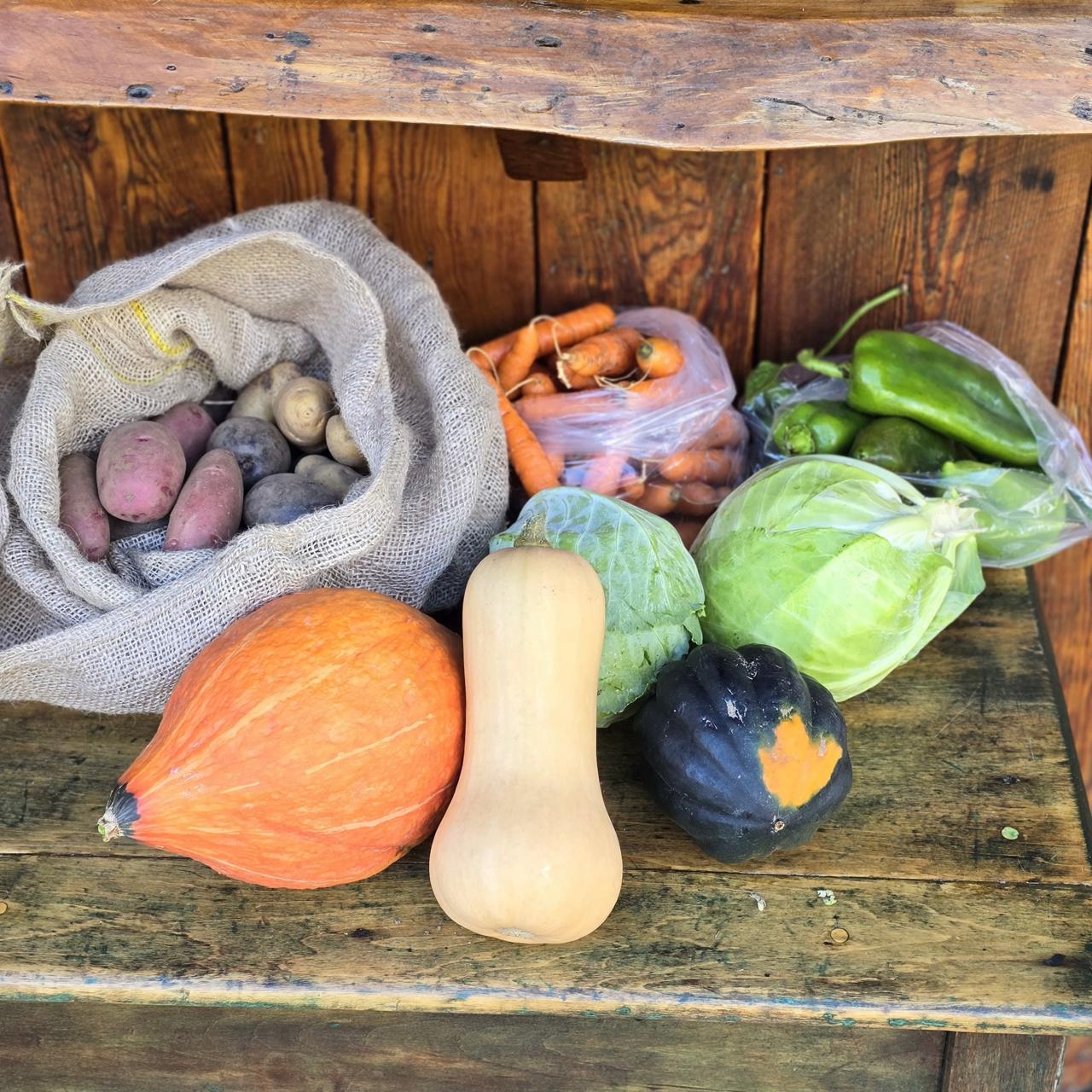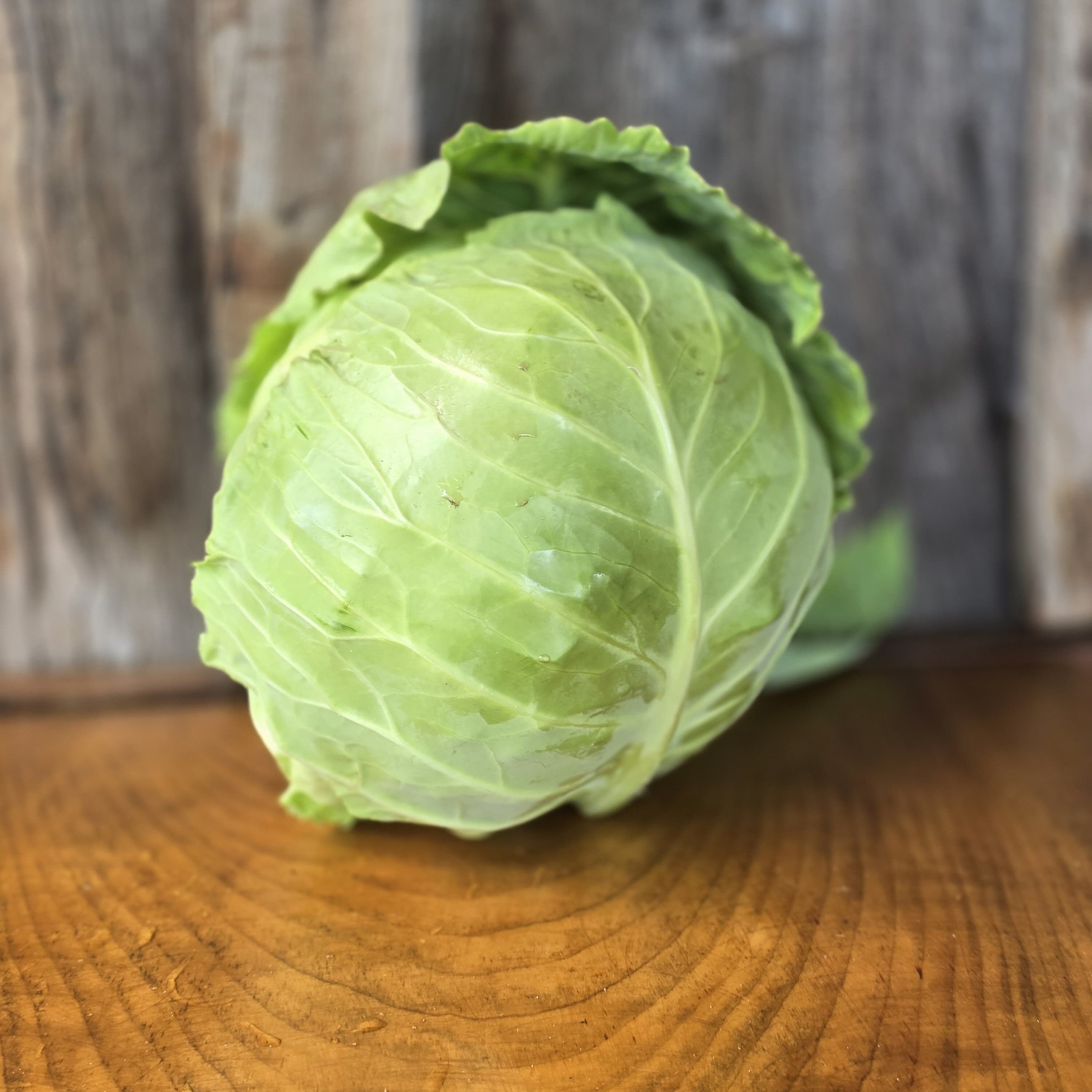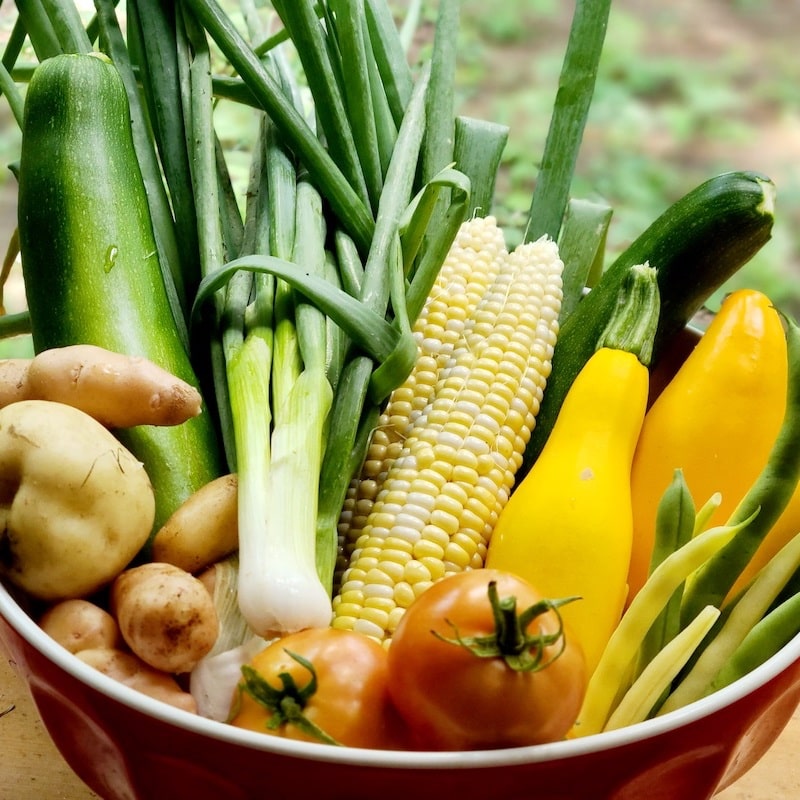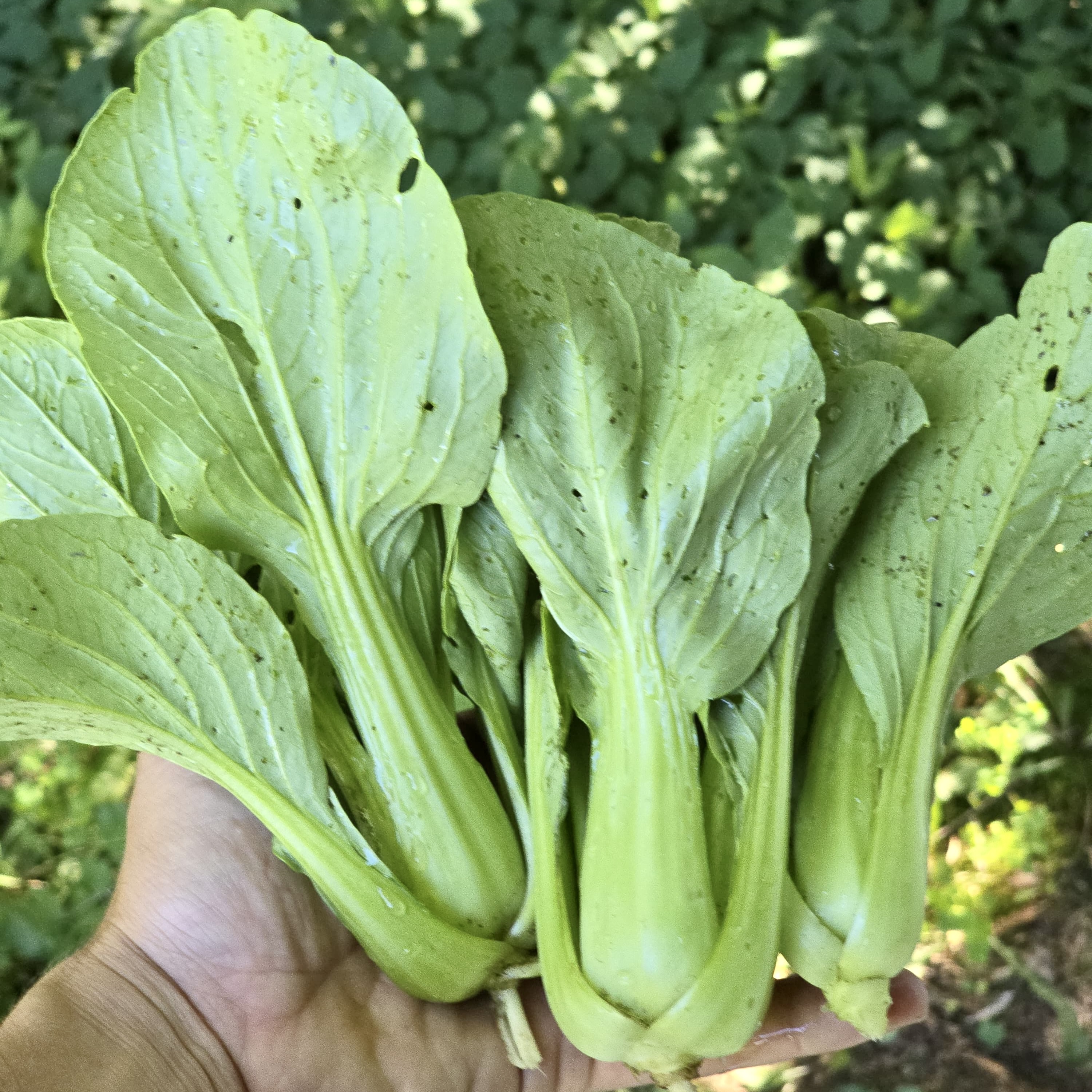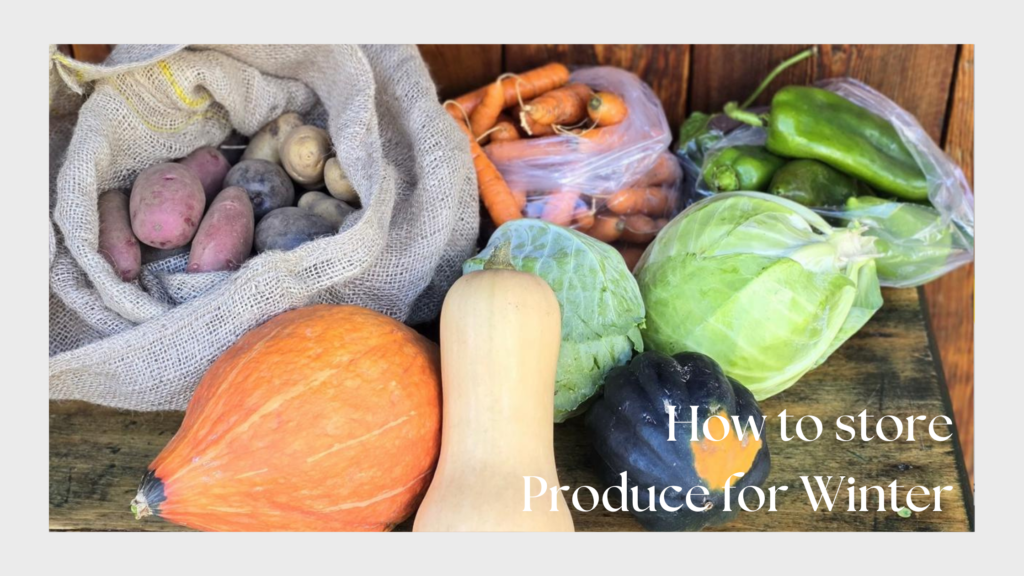
Why Storing Fresh Produce Matters
Storing fresh produce is essential for anyone who wants to enjoy the flavors of locally-sourced vegetables throughout the winter months. When you properly store your vegetables, you not only extend their shelf life but also retain their nutritional value, flavor, and texture. This can save you money and reduce waste, as you can make the most of your seasonal harvest or local farm purchases.
Moreover, having a stockpile of fresh produce can be incredibly convenient, allowing you to prepare healthy meals even when fresh options are scarce. By understanding the best storage methods, you can ensure that your vegetables remain as fresh and delicious as the day you bought them.
Best Storage Methods for Different Vegetables
Different vegetables require different storage conditions to stay fresh for extended periods. Here are some tips for storing common root vegetables and other produce harvested in the fall:
- Potatoes: Store mature, end of season potatoes in a cool, dark, and well-ventilated place, such as a basement or cellar that stays cool. Store new, small immature potatoes in the fridge on the top shelf which is not as cold. The cooler temperature will prevent the sugars turning into starch without the support of the mother plant. If left out in the warmth, young potatoes may turn black or brown, go soft and spoil.
- Carrots: Store carrots in a breathable bag in the crisper drawer of your refrigerator. They can also be stored in the cellar if you have a place that stays below 8 degrees Celsius. Make sure to remove the green tops before storing as the tops will rot and spoil much quicker than your carrots. Soft carrots can be rehydrated by placing them in a bowl of cold water for a few hours.
- Beans and peas: Blanche beans and peas by bringing them to a quick boil in water, for a minute or two, rinse them in cold water to prevent further cooking, drain, then place them in a freezable container and and freeze.
- Zucchini: A great way for storing zucchini is grating them, pat dry with a paper towel and freeze. You can use frozen zucchini in stir fries and baking you favorite breads or cakes.
- Tomatoes: Tomatoes are great to freeze as a sauce, puree or even raw. If you have the space to freeze tomatoes whole, the skins will easily slip off when thawed. Frozen tomatoes are easy to access whenever you need tomatoes in a recipe.
- Basil: Blend the cleaned basil leaves (do not include the stems or the flowers) with olive oil and salt. This basil puree can be frozen in containers for future use, to either make pesto and adding to recipes whenever desired.
- Peppers: Fresh peppers can be stored in the refrigerator’s crisper drawer for a few weeks. Place them in a bag to maintain humidity, but avoid washing them until you’re ready to use them. Peppers can be roasted in olive oil in the oven or a skillet and then frozen for future use. If desired the skins of the roasted peppers can be easily peeled off before freezing.
- Cabbage: Cabbages should be stored in the crisper drawer of your refrigerator, wrapped in a bag. Cabbage can stay fresh for several weeks if kept in a cool and humid environment. The first layer of leaves can be removed and discarded if they discolor.
- Winter Squash: Winter squash, such as Hubbard, Butternut, or Acorn should be stored in a cool, dark, and dry place. They can last for several months if kept at temperatures between 50-55°F (10-13°C).
Traditionally many of these vegetables were canned or pickled for future use.
How to Prepare Your Produce for Storage
Before storing your produce, it is important to prepare it properly to ensure maximum freshness and longevity. Begin by sorting through your vegetables and removing any that are damaged or showing signs of spoilage, as these can affect the rest of your stored produce.
Next, clean your vegetables by gently brushing off any dirt. Avoid washing them unless absolutely necessary, as moisture can promote mold growth. For vegetables that require washing, such as carrots or green peppers, make sure to thoroughly dry them before storing.
Tips for Maintaining Freshness Throughout Winter
To keep your stored vegetables fresh throughout the winter, it’s important to regularly check them for signs of spoilage. Remove any vegetables that show mold, soft spots, or other indicators of decay to prevent them from affecting the rest of your stored produce.
Additionally, maintaining the proper storage conditions is crucial. Ensure that your storage area remains cool, dark, well-ventilated and clean. For vegetables stored in the refrigerator, monitor the humidity levels and adjust as needed to prevent drying out or excessive moisture. Freezers should be cleaned annually and all frozen items labeled with a date, so that you use the oldest items first.
By taking these steps, you can enjoy the flavors and nutrition of your locally-sourced vegetables all winter long.
